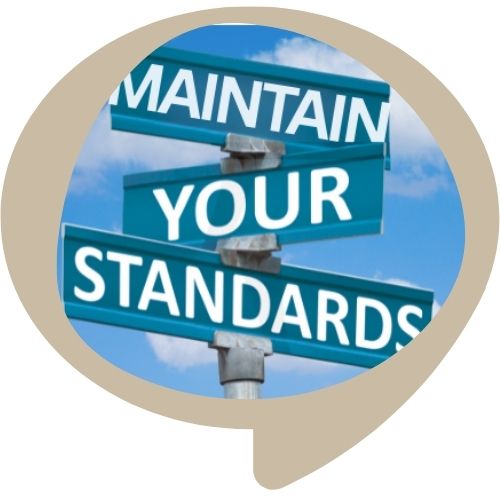
Flexible, Co-Managed Helpdesk Enables Growth
Managed Service Providers (MSPs) are under constant pressure to deliver high-quality, responsive support while keeping operational costs in check. For most MSPs, maintaining an in-house helpdesk team that can scale up or down with fluctuating demand is an ongoing challenge. That’s where partnering with an outsourced helpdesk provider on with a co-managed model can offer real strategic advantages.
Outsourced co-managed helpdesk
Outsourced per-incident helpdesk offers MSPs scalable, cost-effective support under pressure.
A Safety Net for Your Internal Team
No matter how efficient your internal helpdesk is, unexpected surges in ticket volume or fluctuations in your internal resourcing can overwhelm even the best teams. Whether it’s due to a major client outage, new deployments, or seasonal increases in support needs, these spikes can stretch your staff thin and negatively impact customer satisfaction.
An outsourced helpdesk partner operating on a co-managed model provides a built-in safety net. You commit to a base volume of incidents per month, but have the flexibility to submit additional tickets as needed—whether that’s a few extra tickets one day or a sustained increase over several weeks. It’s a responsive model designed to complement your team, not replace it.


Coverage for Staffing Gaps and Turnover
Internal resource challenges are another area where a flexible helpdesk model shines. Team members call in sick. People go on vacation. Employees resign unexpectedly. Every one of these scenarios can disrupt your ability to deliver consistent service—unless you have a reliable partner in place to pick up the slack.
With a co-managed helpdesk model, you don’t have to scramble to backfill support gaps or risk leaving clients hanging. The outsourced team can absorb tickets quickly, following your escalation paths and knowledge base, ensuring continuity of service without operational disruption.
Predictable Costs with Built-In Flexibility
One of the biggest financial advantages of the co-managed model is that it aligns costs with actual usage. Instead of paying for full-time resources that may sit idle during slower periods, you pay based on ticket volume. This creates a predictable monthly baseline with the agility to handle surges—without committing to long-term headcount increases.
For MSPs, this reduces financial risk and adds operational flexibility. You can scale support up or down without worrying about hiring, training, or overhead. What’s more, since the
partner is handling a steady volume of tickets every month, it is much easier for them to scale in the event you need additional support.


Maintain Your Standards
A quality outsourced helpdesk provider will integrate into your environment, leveraging your ticketing systems, escalation processes, and SLAs. Whether it’s handling password resets, application issues, or more complex L1/L2 triage, they follow your playbook—ensuring your customers receive consistent, white-labeled support.
Some MSPs choose to use their outsourced helpdesk for overflow only, while others offload all L1 support and let internal teams focus on higher-value services. Either way, a co-managed model allows you to define the relationship on your terms.
Conclusion
In today’s MSP landscape, agility is a competitive advantage. Partnering with an outsourced helpdesk provider on a co-managed model gives you the flexibility to adapt to changing demands, protect your internal resources, and deliver exceptional service without overcommitting on fixed costs. It’s not just about outsourcing—it’s about building resilience into your support model.


